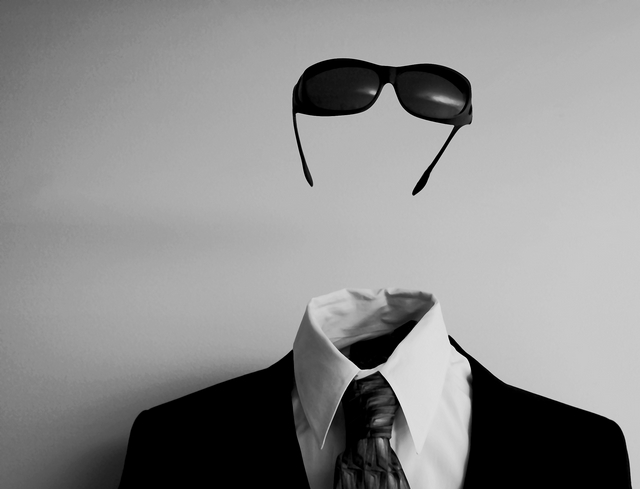
A recent ruling in the United States makes it illegal to lie about your identity on the interweb.
The case: The suicide of Megan Meier, a 16-year old girl (no, a child) who, after falling out with her best friend was approached by that friends mother Lori Drew on the SNSs MySpace. Ms Drew was posing as a 16-year old boy under the name 'Josh Evans' and sought to pursue the 16-year with a barrage of communication. Eventually earning her trust and her friendship.
How exactly will this order play out?...
Daily, we face a constant barrage of real and unreal connections across the web. Some spaces such as SecondLife even encourage the use of multiple identities and play. Others choose to live out what they uphold as very real lives and lifestyles.
The 'real' is dependent not only on context, but the ideals (and manipulations) on the part of the individual. Real profiles on SNSs such as MySpace, Facebook and friends require time to solidify within networks of connections, in order to gel and become stronger. Perhaps what really lies at the heart of the above case is not whether the identity created by Ms Drew to taunt Megan was real or fake, but the fact that it was real to Megan.Which , in this instance, meant that the accumulated actions had very real consequences. The abuse of trust that is at the centre of the case reveals a heartless, if not very disturbed adult deliberately preying on a vulnerable and exposed child.
iPhones, MySpace, friending, Google - how odd these concepts were only a short time ago? Now they are commonplace. In fact, to be 'off' or not present on at least one web platform stands out as unusual and even anti-social. In five years from now the treatment of fake profiles might become commonplace too, when users (young and old) are used to the new social parameters of such technology. What this case represents is a lack in the provision of care, trust and knowledge of the individuals that we invest time and emotional attachment to through our Status Updates, Tweets, etc. To say nothing of the longer-term effects of the broadcast of (too much?) personal information to our known and unknown others.
The case represents not just what makes us who we are, or at least who we say we are. Here, there are a lot of answers. Certainly one possible answer is to 'ban' all those who pretend to be our friends, who pretend to be 'someone' when they are really a no-one trying to be an everyone. However, it is inevitable that those who want will find ways around this.
In a way, this is a form of social control, but meant on the best possible of terms - to safeguard 'real' people's interests. Perhaps in time we will be savvy enough to safeguard our own interests and not be left vulnerable or exposed to those who intend malice. I am hoping that the likes of Ms Drew are the exception 'out there'. After all, what social media offer, to be connected, to enjoy meeting, socialising etc. with others is precisely why so many of us signed up to Facebook et al. in the first place.


No comments:
Post a Comment